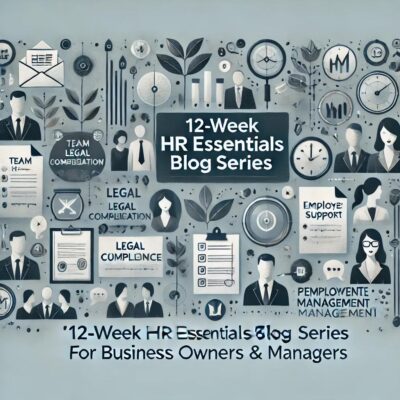Alcohol Awareness Week | Consensus HR in Herts & Beds
Did you know that this week: 18th – 24th November is Alcohol Awareness Week – Supporting Employees and Building a Healthier Workplace:
By Matthew Chilcott, Owner of Consensus HR
From November 18 to November 24, businesses across the UK are encouraged to engage with Alcohol Awareness Week, an initiative aimed at increasing understanding about alcohol consumption, its impact on health, and how businesses can support employees in making healthier choices. For employers, this week serves as an opportunity to reflect on workplace policies, create awareness, and promote a supportive environment around alcohol-related health.
Understanding Alcohol Awareness and Its Relevance to the Workplace:
Alcohol consumption is a common aspect of social life for many, but excessive drinking can lead to serious health concerns, impacting productivity, morale, and overall team dynamics. According to Alcohol Change UK, around 1 in 5 adults in England drink at levels that could put their health at risk. For employers, understanding the role alcohol may play in employees’ lives and recognising signs of alcohol-related issues can lead to a healthier, more supportive workplace.
Why This Matters for Business Owners and Managers:
Excessive alcohol use can affect not only individual health but also workplace performance. Issues such as reduced productivity, absenteeism, presenteeism, and an increased risk of accidents can result from alcohol-related health problems. By fostering an environment that encourages healthy habits and provides support, businesses can reduce these risks and create a more resilient team.
How Business Owners, Managers & HR Can Support Alcohol Awareness in the Workplace:
Raise Awareness with Educational Initiatives
- Provide Resources: Share educational materials, such as leaflets or articles, to help employees understand the effects of alcohol and recognise harmful patterns in themselves or others.
- Promote Alcohol Awareness Week: Use this week as an opportunity to open up conversations about alcohol in the workplace and encourage healthier habits.
Review and Communicate Alcohol-Related Policies
- Establish a Clear Alcohol Policy: Ensure your business has a clear alcohol policy that defines acceptable behaviour and clarifies any restrictions regarding alcohol use during work hours or at work events.
- Encourage Open Communication: Make sure employees know they can speak to HR or their managers if they have concerns about alcohol use, whether it’s for themselves or colleagues, without fear of judgment.
Offer Support for Those Struggling with Alcohol-Related Issues
- Access to Confidential Support: Provide information about support options, such as Employee Assistance Programs (EAPs) or external resources like Alcoholics Anonymous, where employees can seek help confidentially.
- Encourage Managers to be Supportive: Equip managers with training on how to approach sensitive topics like alcohol-related health issues and promote empathy and support rather than punitive measures.
Promote Healthy Workplace Culture and Alternatives to Alcohol-Centric Events
- Offer Inclusive Social Events: Instead of always centering team events around alcohol, consider alternative options like team sports, wellness activities, or non-alcoholic gatherings.
- Promote Wellbeing: Encourage a balanced work-life environment that includes initiatives such as flexible working hours and wellness programs to help employees manage stress without turning to alcohol.
Recognise and Address Signs of Alcohol-Related Concerns
- Observe Performance Changes: If an employee is consistently absent or displays reduced performance, it may indicate an underlying issue. Address these signs through supportive conversations, offering resources rather than immediate disciplinary action.
- Encourage a Supportive Dialogue: Promote a culture where employees feel comfortable discussing issues with their Line Manager or HR, fostering an environment where concerns about alcohol or other health matters are approached with empathy.
Building a Healthier Workplace Together:
Supporting alcohol awareness in the workplace isn’t about eliminating alcohol altogether but about promoting responsible choices and creating a supportive culture. By raising awareness and providing resources, business owners and managers can contribute to a healthier workplace where employees feel valued and supported.


To view more about our range of HR & Employment Law Services
Are you concerned about keeping your business up to date with Employment Law changes?
Your Outsourced Human Resources (HR) Department.
For further information on any of the HR subjects we provide, please click the heading below:




































